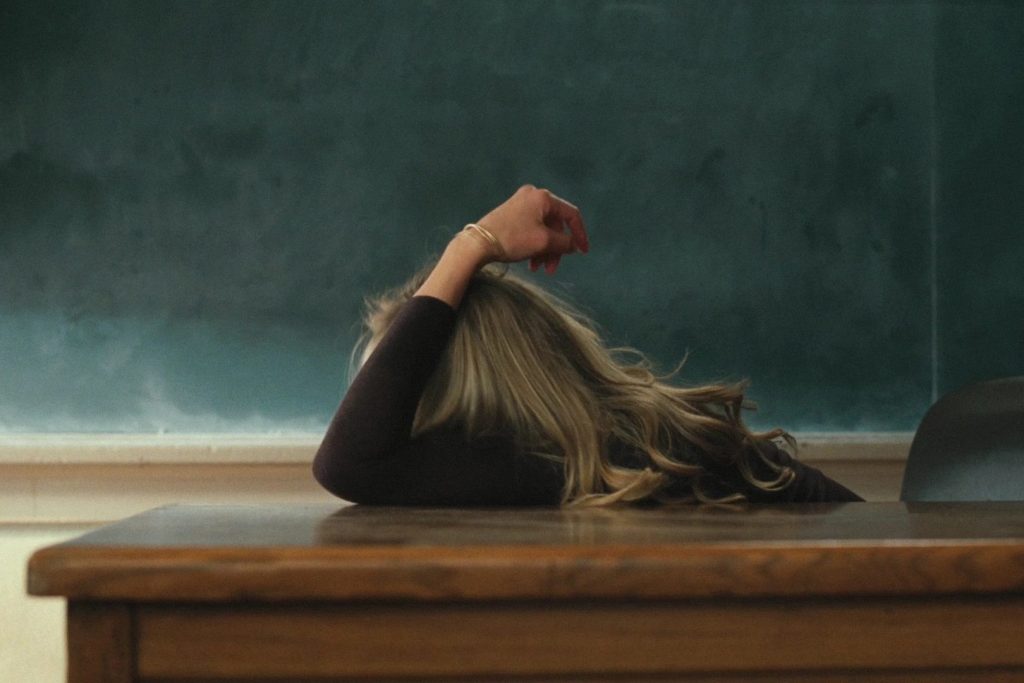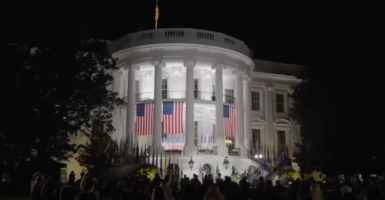Opinion: The Real Reason Teachers Are Quitting Has Nothing To Do With The Pandemic
You haven’t heard anything about it because the consequences of addressing it fly in the face of nearly every narrative being tossed around in the world of education.

Much has been written about the increasing numbers of teachers quitting their profession. Often those reporting on it blame the staffing losses on the pandemic (which is basically over) or unruly parents (who aren’t really that unruly) or the idea that teachers are underpaid (as if they suddenly became underpaid yesterday). Some even try to blame it on politics, insisting that policies in red states preventing teachers from teaching CRT are leaving them too frustrated and frightened to continue on. But even that is clearly untrue, since teacher staffing shortages seem to be universal, across all states and cities, regardless of the kinds of politics involved in that particular region.
So none of that has anything to do with why teachers are quitting. There is, however, a reason. You haven’t heard anything about it because the consequences of addressing it fly in the face of nearly every narrative being tossed around in the world of education. Teachers are quitting because kids are horrible and they are now powerless to do anything about it.
I first started realizing what was going on back in 2017, when my daughter came home from school and informed me that she wasn’t able to learn anything today because her class had to spend most of the afternoon in the hallway. Confused, I inquired further and was informed by by 8-year-old that one of the kids in her class had started acting crazy, throwing things and screaming and even cursing. In response, the teacher took all of her students out of the class, and left the clearly very troubled kid inside to “work out his problems” on his own. She said it so matter of factly, I inquired further. Apparently this wasn’t the first time my daughter’s class had spent most of their school day sitting in the classroom waiting for a mentally ill child to finish jumping on their desks and screaming. It had happened often enough that she was used to it.
More confused than ever I contacted her small-town elementary school to see if my daughter might be making this bizarre scenario up. My daughter wasn’t prone to lying, but any smart parent knows you can’t just take your child’s word for it. Their kids and being a kid means you have no idea what you’re talking about. A five-minute phone call with confirmed that not only did the incident happen exactly as my daughter described it, but that the whole thing was a result of a new school policy. That policy? If there’s a troublemaker in your class who won’t follow the teacher’s instruction, teachers are required to remove all the other students from the space. The troubled child is then left inside, alone, to calm down. Once they stop acting like a wild animal, the class files back in and acts like nothing happened.
I soon discovered that this policy wasn’t one that some lunatic at my small-town elementary school had developed on his own. In fact it was district policy. In fact it was policy in nearly every district in my state.
That was back in the good old days of 2017. I am reliably informed that since then, school policies like this are not only even more widespread, but they’ve gotten worse. Administrators and unions took advantage of the pandemic’s chaos to accelerate their plants for alternative forms of dicipline (or lack thereof) and education. When classes resumed after school shutdowns, school policies were rewritten from scratch. Now teachers I’ve talked to in private tell me that classrooms, even at an elementary school level (forget about Middle School), are now completely unmanageable. School shutdowns due to the pandemic have made kids violent, disruptive, and confused. New school policies like the one I described above, have simultaneously made it impossible for teachers to do anything about it.
Got a middle schooler standing up in class and calling you a bitch? Teachers aren’t allowed to do anything about it. Got an elementary school kid who won’t stop talking while you’re trying to give instruction? You’ll just have to shout louder. Being threatened with physical violence by a high schooler? Good luck protecting yourself, and oh make sure you never touch them.
Child behavior at all grade levels has never been worse in America’s public schools, and teachers have never been more powerless to do anything about it. In part it’s thanks to lawyers who have terrified school districts so badly they no longer let teachers touch their students, even if that student is engaged in physical violence. In larger part it’s due to prevalent educational philosophies like “restorative justice”, which remove accountability and consequences for incorrect actions.
So schools are horrible now and they’re horrible because the kids are out of control and no one is allowed to do anything about it, and some of them don’t even think they should. Does that sound like somewhere you’d want to work?
When you hear teachers telling you they’re exhausted and overworked, it makes no sense. They’re doing the same job they were doing before the pandemic, why is it suddenly so much harder? It’s harder because those same teachers complaining about how tough their job is have developed policies like restorative justice, which now make it impossible to manage their classrooms. They don’t even have a way to make their class be quiet, let alone actually teach them something.
So kids aren’t learning anything, school violence is totally out of control, and educators are being terrorized. Why aren’t teachers speaking out? A few are and have actually begun to let people know what’s going on. Some states have even stepped up and passed laws to enforce classroom discipline, despite intense teachers union opposition. Most, however, if they say anything at all mouth alternative excuses like low pay and politics. Admitting what’s wrong would mean they’d have to admit they created this mess. They’d have to admit that educational philosophies like restorative justice, philosophies they’ve promoted and wholly bought in to, don’t work. There’s nothing harder than admitting you’re wrong. Most teachers would rather quit.



